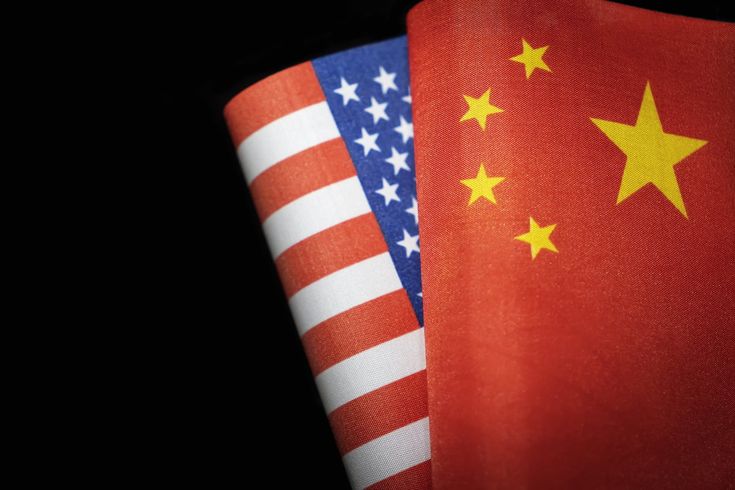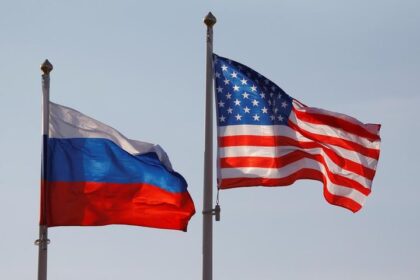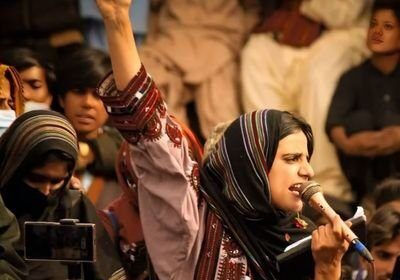The world today is often spoken of as if it were a board game with only two seats left at the table. On one side, the United States and its bloc of Western allies. On the other, China and its growing periphery of influence. The rest, it seems, are expected to pick a side or risk being obviated. But unassumingly, and perhaps more judiciously, several nations in the Global South are doing neither.
Nations, for example, Brazil, South Africa, Turkey, and Indonesia, are recasting their diplomatic landscape—albeit not through proxy wars, but as a result of thoughtful self-direction. Their relations do not adhere to conventional allegiances; instead, they opt for alignment with a new state on their own terms, usually based on national interest rather than doctrinal fealty.
This isn’t a revival of the 1960s, when non-alignment was in vogue. There’s something a lot more practical going on. It’s not that these countries are dispassionate about world affairs, they are playing an active role while avoiding being absorbed into great power blocs. Call it strategic fluidity, or more aptly, diplomacy without a flag.
When we look closely, evidence abounds. Brazil remains a defender of multipolarity at venues like BRICS (Brazil, Russia, India, China, and South Africa), and maintains strong trade relations with both Washington and Beijing. South Africa has made a gesture to the West on climate policy but is not-so-secretly allowing Russian naval drills on its coast. Turkey is selling drones to Ukraine while buying missile systems from Russia. Indonesia, meanwhile, is promoting Chinese infrastructure investment even as it strengthens ties with the United States in the Indo-Pacific region.
Where it gets all paradoxical is that none of these moves are uncalculated, and they’re hardly equivocal. Instead, both are grounded in a vision of sovereignty that resists being belittled as someone else’s pawn.
This is not an unprecedented move, either. It is a “hoary relic” of Cold War thinking that smaller or middle powers must be aligned with a superpower to survive. This is a different world, and the South has more capacity to have a more independent voice. A variety of structural forces including demographics, trade corridors, climate vulnerability, digital economies, and others have also driven these countries to behave less as passive recipients and more as curators of the international order.
What we are seeing now is not the collapse of alliances but their reconfiguration. It is not just in slogans that old hierarchies are being challenged, but also in foreign ministry calendars, energy deals, and in who is invited to global summits. And in its way, the posturing by these countries reveals an honest sincerity. They are not claiming to be able to solve every crisis, they never did, but they are refusing to be accomplices to conflicts they did not start and from which they will not benefit in any way.
This past autumn, at a quiet dinner in New York with a handful of policy folks and expats, the question came almost offhand: So where does the Global South sit in this whole U.S.–China mess? On the other side of the table, a former diplomat didn’t pause for a moment. Maybe it’s time to stop picking sides and start picking ourselves, she said.
It wasn’t said to provoke. If anything, it felt like a truth that had been in the room for a long time before someone finally said it out loud. I remembered that moment because it captured something that was starting to coalesce in capitals around the world, far from Washington and Beijing: nations are no longer seeking alignment outside their borders. They are beginning to seek direction within.
This new direction, however, has its dangers. Balancing between superpowers on a tightrope requires diplomatic acumen, institutional depth, and nerves of steel. Blunders might prove costly, particularly when gentle but insistent pressure to fit in is at play. It’s loans, trade perks, and military contracts that now pass for the currencies of power today. But then again, so do autonomy, integrity, and the right to say no, particularly at the right time, for the right reason.
That being said, there’s a lot to gain from this posture. And countries that remain flexible are in a better position to bargain, build diverse partnerships, and insulate themselves against the vicissitudes of a world in which the only constant is change—and where sovereignty may indeed become the new currency of resilience.
What this op-ed argues, in other words, is not isolationism, nor some pie-in-the-sky vision of global love. It argues for agency. For the right of nations to determine their place in the world without patronage. For a diplomacy that is less performative and more pragmatic. One that accepts the ground moving under our feet and opts for mobility over imitation.
The Global South is not homogeneous, and we cannot pretend that it is. But what many of its emerging players are showing is that it doesn’t have to wait for a seat at someone else’s table. It can build its own. And perhaps, just perhaps, the world beyond these countries’ borders should be watching not to see whom they will ally with next, but to know what diplomacy looks like once it stops wearing someone else’s flag.
















